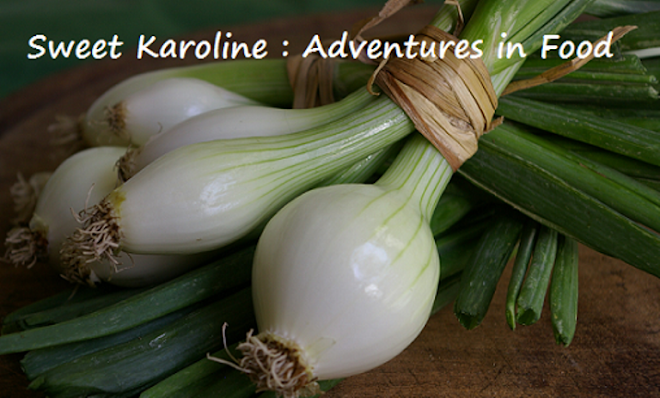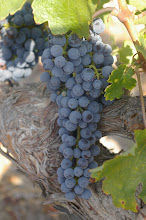
Between out of town guests and desperately trying to finish my thesis, I have been way too busy for words. In theory, by this time next week, I will have already submitted the final version of the thesis that has taken me all of 2009 to write. Yikes!
In the meantime, Ben and I have been mulling the concept of processed vs. unprocessed foods. How does one define them? How does the technical definition of unprocessed foods differ from the practical parameters that we will need to establish for our year of "unprocessed" eating. For example, refined flours are processed foods in anyone's book. However, $1400 a month might buy a lot of things (like your very own cockroach collection)in San Francisco, but it does not allow for a mill in the kitchen. So, we will continue to eat flour, but we will choose the least refined versions -- darker flours with more parts of the whole grain attached. I've listed some initial thoughts on the definition of processed foods:
*Canned
*Prepared foods (anything already made like cookies, bread, pasta, chips, etc)
*Purchased condiments (ketchup, mustard, soy sauce, etc)
*Cheese? (where does that go? are artisanal cheeses ok? kraft and cream cheese are definitely out)
*Soda
*Items with more than one ingredient
*Something that came from a factory
*Anything with preservatives or words that one struggles to pronounce (the dreaded HFCS - high fructose corn syrup is a sure no-no)
*Refined sugar (are honey or maple syrup all right because they are less processed?)
I would like your opinion! How do you define process foods? What kinds of things should we avoid? What types of seemingly processed foods can you make an exception for (think wine)?
After I sort through all the ideas, Ben and I will post the official parameters for 2010. Thanks for your help!
(The only processed foods in the burrito above are the tortilla and sour cream.)








